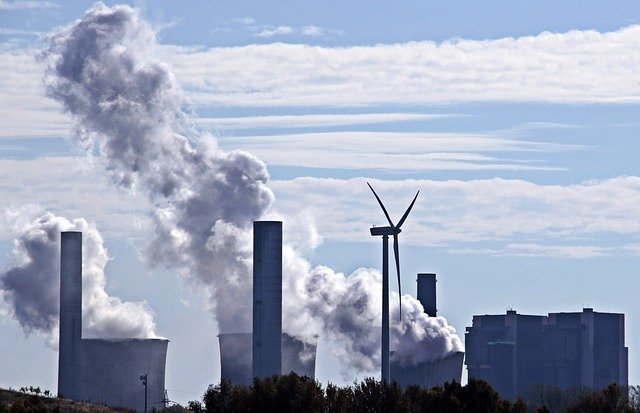ESG
HSBC Figure Who Challenged Climate Change Forecasts Resigns

The saga shines a light on the extent to which dissent from certain ideas about climate change will be tolerated in the banking industry.
A senior HSBC executive
who accused central bankers and officials of over-stating the
financial risks attributed to climate change has
resigned.
Stuart Kirk, the Hong Kong/UK-listed bank's global head of
responsible investing, was reportedly suspended in May after he
said in a speech: "There's always some nut job telling me about
the end of the world."
On his LinkedIn page, Kirk, based in London, wrote: “Today I wish
to announce that I have resigned as global head of responsible
investing at HSBC Asset Management. Ironically given my job
title, I have concluded that the bank’s behaviour towards me
since my speech at a Financial Times conference in May
has made my position, well, unsustainable.”
“Investing is hard. So is saving our planet. Opinions on both
differ. But humanity’s best chance of success is open and honest
debate. If companies believe in diversity and speaking up, they
need to walk the talk. A cancel culture destroys wealth and
progress,” Kirk wrote. “There is no place for virtue signalling
in finance. Likewise as a writer, researcher and investor, I know
that words or trading shares can only achieve so much. True
impact comes from the combination of real-world action and
innovative solutions.”
HSBC declined to comment to this news service on the matter.
The story shines a light on the extent to which banks and other
wealth managers think they must curb dissent from the view
that human-caused global warming, and other associated problems,
demands drastic action, even if it imposes heavy costs. The trend
of environmental, social and governance (ESG) investing is now
entrenched. For a wealth management firm not to stress its ESG
credentials is bordering on the dangerous, particularly as firms
are trying to win business from younger, more supposedly
ESG-minded, clients.
HSBC examined Kirk’s remarks from a presentation called "Why
investors need not worry about climate risk" at a conference. He
was reported as saying that climate change was "not a financial
risk that we need to worry about."
Such comments run contrary to much of the narrative from
financial institutions and other bodies which argue that the
world needs to give up its reliance on fossil fuels because the
cost of not doing so outweighs the benefits of using
them.
The episode raises questions over the extent to which a sort of
“cancel culture” – to use a widely employed term – is affecting
financial services. Some investment sector figures think the
situation is getting out of hand, especially as the stakes have
risen since energy bills have skyrocketed. In the US, a new
financial firm, Strive, has been set up by Vivek Ramaswamy, who
made money in pharmaceutical start-ups before writing a book last
year called “Woke, Inc.” Strive puts excelling at business
before cultural and political issues.
Following Kirk's speech, the bank's group chief executive Noel
Quinn was quoted as saying that he did not agree "at all" with
his remarks, adding that "they are inconsistent with HSBC's
strategy and do not reflect the views of the senior leadership of
HSBC or HSBC Asset Management."